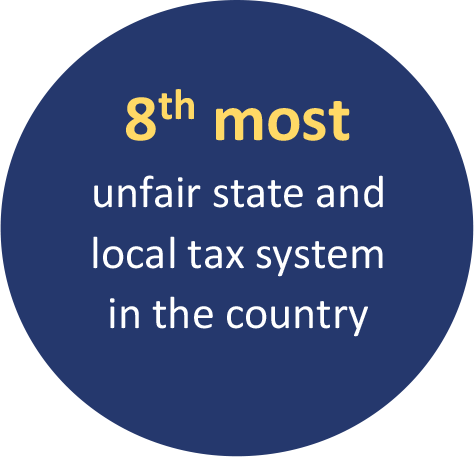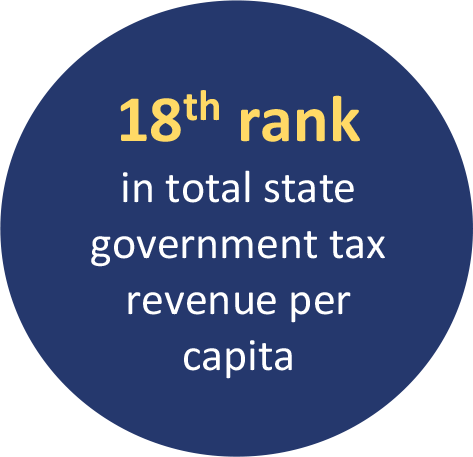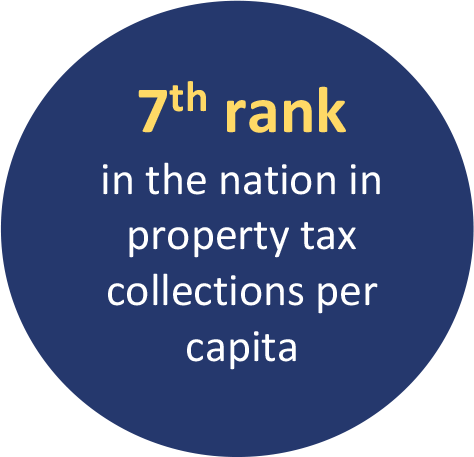In Illinois, state and local taxes are currently “regressive.” Working-class and middle-class families paying a disproportionate share of their incomes in taxes. Research shows that a number of reforms could reduce tax burdens for working families and support broad-based economic prosperity.
Property taxes are relatively high and regressive in Illinois.
Local school districts depend on property taxes, which account for 63% of all K-12 education funding.
Middle-class homeowners pay 6% of their incomes in property taxes compared to just 1% for millionaires.
To stem property tax growth, Illinois could increase state funding for K-12 education and consolidate townships.
Illinois is one of only 8 states that has a flat-rate income tax system.
The Top 1 Percent takes home 65 times as much as the average taxpayer in the Bottom 99 Percent, but pays the same tax rate.
A “millionaire’s tax” – which is more popular than the “Fair Tax” – would raise over $1 billion.
Expanding the state’s Earned Income Credit would reduce tax burdens for working families.
When Illinois’ cannabis legalization effort reaches its full potential with an expansion of licenses available for businesses, the state will bring in $500 million in total tax revenue annually. In Fiscal Year 2022, Illinois generated $445 million in state tax revenue, which is more than the state collected in liquor tax revenues ($320 million).
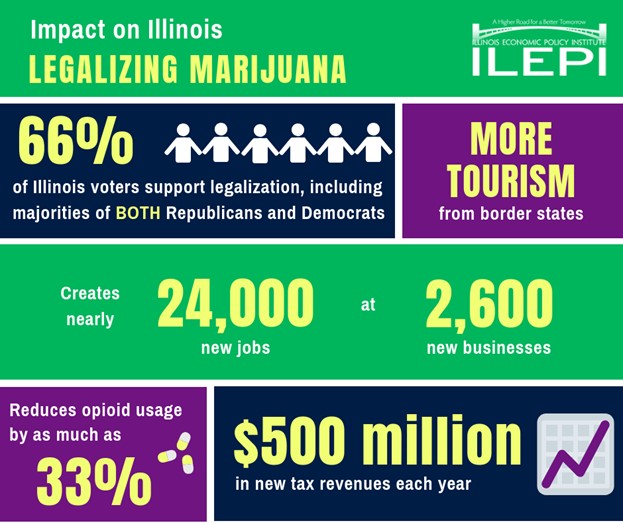
Featured Work:
Assessing Potential Options to Provide Property Tax Relief in Illinois
December 19, 2019 |The Financial Impact of Legalizing Marijuana in Illinois
November 9, 2018 |Legalizing Sports Betting in Illinois: Evaluating Policy Options and Fiscal Impacts
February 5, 2019 |
